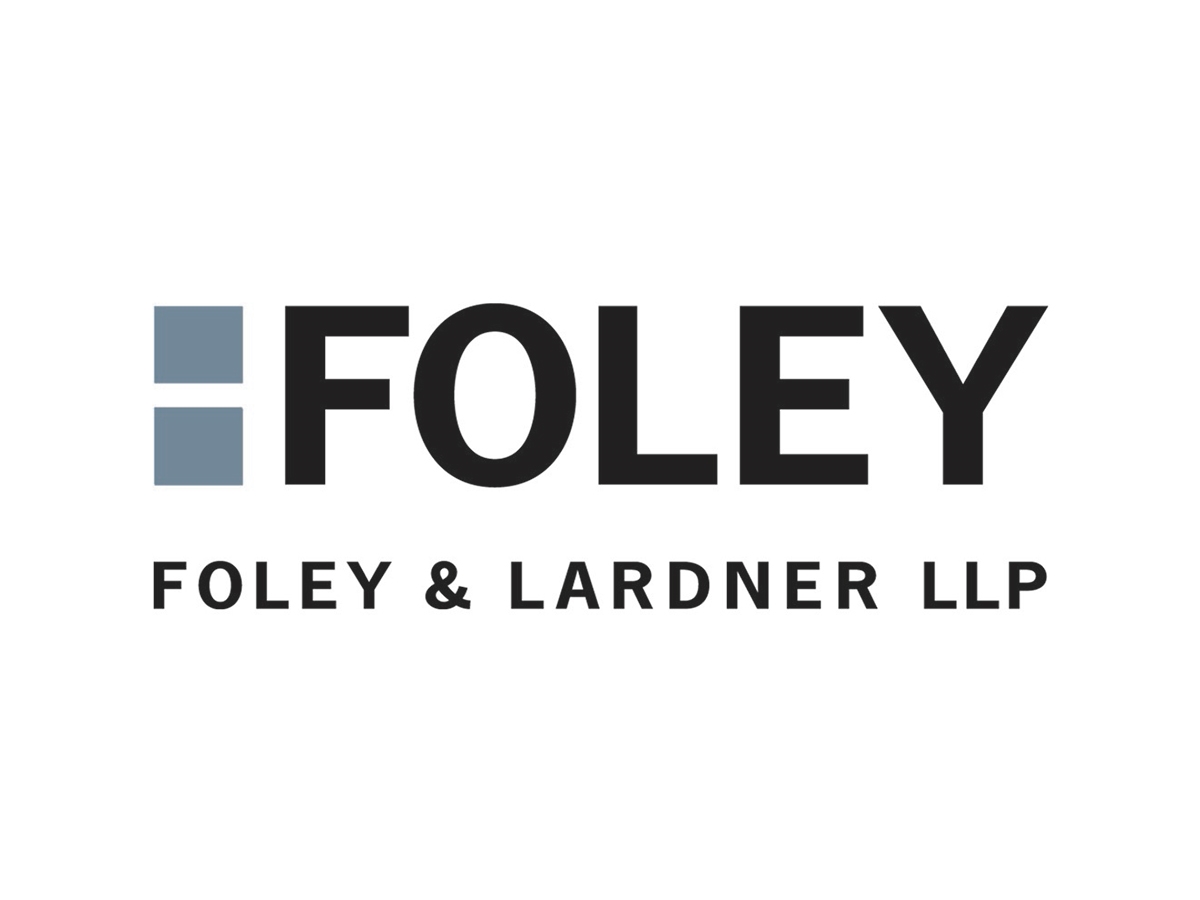Lyse Brillouet on Managing SEPs and Open Standards
Lyse Brillouet has been the Chief Intellectual Property Officer and Senior Vice-President, Licensing, for the Orange Group since 2018. In the latest episode of The SEP Couch, Brillouet describes why intellectual property (IP) matters within the Orange Group, which has over 130,000 employees worldwide.
IP for Orange is an important outcome of various research and development projects. Orange is a technology company, with its main objective being to bring technology and related service to its customers. In some cases, Brillouet must balance the monetization of IP and the promotion of a new standardized technology. One example of this is Orange’s strategy regarding patent pools. Orange is very much in favor of patent pools and Brillouet believes they are the most efficient way to license Standard Essential Patents (SEPs). In fact, according to the IPlytics data, no other SEP owner joins as many patent pools as does Orange. In fact, Orange is not only a pool member, but often the founder of the patent pool program. Brillouet explains that patent pools are joined by companies with different objectives and that it’s always a trade-off between the amount of royalties a patent pool should ask for and promoting and ensuring the wide adoption of a technology standard. Pools not only have the function of creating SEP royalty revenues, but they are also tools to provide one stop market access and therefore to facilitate the adoption of the technology standard.
IPlytics data on submitted 5G standards contributions to the 3GPP (Generation Partnership Project), the standard organization that develops 5G, shows that Orange ranks in the top 20 worldwide companies. However, when counting 5G declared patents owned by Orange, they only rank in the top 50. In other words, while Orange is one of the strongest 5G technology contributors in the development of the 5G standards at the 3GPP, Orange files patents or SEPs at a much lower rate. Brillouet explains that, for Orange, standards development and the contribution at the standards working groups is not about filing SEPs. It’s much more about creating widely used and accepted standards. SEPs for Orange are the organic outcome of that process. The return on investment when spending research and development on technologies like 5G is not the royalty income from SEPs. Or, put differently, SEP royalties are not the main return they see from standards development. So, Brillouet’s job as leading the Orange IP and licensing department is not only about creating returns but also about finding ways SEP licensing can be solved efficiently to facilitate the use of the standards rather than blocking it. Orange typically declares only those patents at the public European Telecommunications Standards Institute (ETSI) IPR databases that are verified essential, as they always claim chart before they declare. Looking at the IPlytics rankings of declared 5G patents, this could be the reason Orange’s SEP portfolio looks much smaller than the over-declared 5G patent portfolios of some other companies in a 5G ranking.
Brillouet believes that standards will be adopted by a broad range of industries, going beyond automotive to the wider internet of things (IoT). Orange cooperates and provides technology solutions to many other IoT companies. These technologies also include standards that are subject to SEPs. SEP licensing is new for many companies operating in the IoT industry- Brillouet is positive that SEP licensing challenges for IoT will be resolved very soon. Here, first collective SEP licensing programs tailored to the IoT market have been launched last year and Brillouet believes that this is a step into the right direction.The partnership with companies that enable connectivity technologies is part of a very important strategy to build an ecosystem on top of standardized technologies.
Brillouet also discusses the automotive industry, one of the first industries that fully integrated IoT technologies, and uses standards such as 4G and 5G. However, Brillouet says connectivity in vehicles has not reached its fullest potential and she expects to see a lot more. But also, when she thinks about other technologies, she says it’s not only standards and SEPs but also other patents which are not subject to standards that protect technologies that Orange provides to the automotive industry. Here, she names examples such as displays or entertainment technologies for vehicles.
Brillouet also comments on the latest EU Commission proposal for a SEP regulation. She feels that setting up a new SEP register or database for existing standards makes little sense. If anything, a new register of SEPs is necessary for future standards. Anything else would not be feasible and too costly for her team, while she would not expect a huge effect for her SEP licensing success.
In her final remarks, Brillouet highlights the success of the Orange IP department as being grounded in the balance of various activities and its integration into the day-to-day business of the company. She emphasizes the importance of accessibility, both internally and externally, and the need to integrate diverse skills, beyond legal expertise, into the IP department. Lastly, she underscores the significance of bringing value to customers as a priority over focusing solely on IP rights.
Tim Pohlmann, Ph.D.
Tim Pohlmann is the CEO and founder of IPlytics. He earned his doctoral degree with the highest distinction from the Berlin Institute of Technology, with a dissertation on patenting and […see more]






